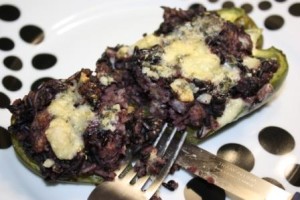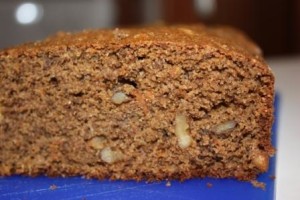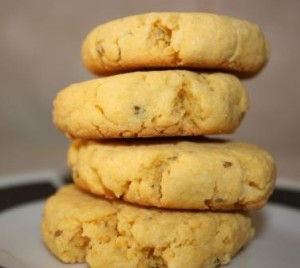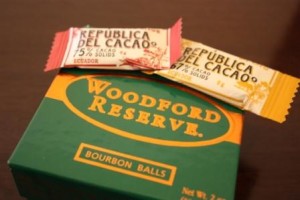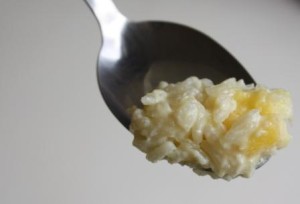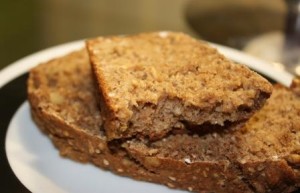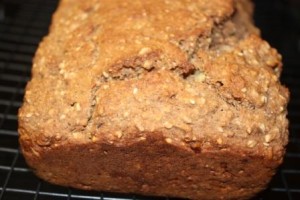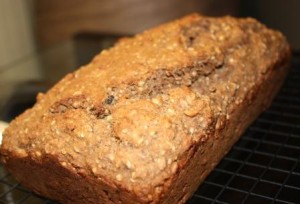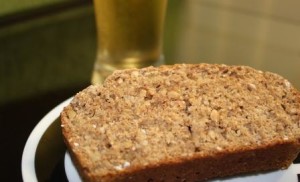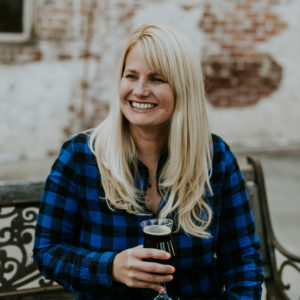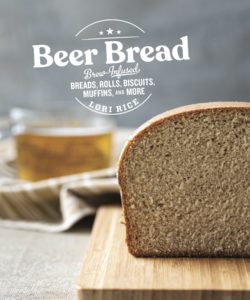
At about 8:00 pm on Saturday night I finally began to read the book In Defense of Food by Michael Pollan. Less than 24 hours later I was finished. I guess that isn’t saying a whole lot since the book is only a couple hundred pages long, but I literally felt as though I couldn’t put it down. It was the ultimate thriller of all things food and health.
I read Omnivore’s Dilemma a few months ago and it was thoroughly enlightening. It confirmed many of the food related thoughts and views I had been struggling with as a person who spent her academic career studying nutrition, while also teaching me so much that I never even realized existed. It further fueled my desire to reduce processed foods and find ways to learn the origin of foods I do choose to eat.
I followed that up with Food Politics by Marion Nestle. A book that shook my nutritionist roots to their core and left me to question all that I had learned about nutrition thus far in my life and in my career. I mean all of this in the most positive way possible, but after that book I did need to take a break from nutrition reading to gather my thoughts.
I started In Defense of Food much in need of a motivational boost. Food, Inc. is out in the US along with other documentaries I’m seeing mentioned left and right on nourishing food blogs. I’m feeling a bit left out. While being abroad allows me to experience a new culture, I am also distanced from the changes going on in my own. I’ve felt unfocused lately with my own cooking and eating and what exact direction I’m headed.
Well I couldn’t have picked a better time to read the book. Consider my fire reignited and glowing brightly.
What Is It About This Info?
As I finished this book, I found myself wondering why it strikes such a cord with me. I’ve had that little voice that fake foods aren’t good for us for a long time, but nothing has really sparked my interest or driven me to change like Michael Pollan’s books. I’ve read plenty throughout the years about the dangers of refined foods, about how refined sugar has addictive properties and all that. However, all those books left me more knowledgeable, but not motivated to change.
What I’ve decided is that it has a lot to do with Pollan’s style. Through his writing he exudes a balance of logic and honesty. He isn’t a health fanatic selling the latest miracle cure or telling you that vegetarianism, meat-eating or non-dairy is the only way to live. He has science to back up his thinking, but he isn’t a scientist. He’s one of us, so-to-speak, trying to figure it all out too.
After reading his books with the information he pulls from himself and other knowledgeable people, not only do you feel as though you are more intelligent on the subject, but that you truly want to make long term change. Not only do you feel empowered, but also confident that your changes could actually make a difference.
A New Tradition
The book speaks a lot about traditional eating and how the past couple generations are more focused on industrial eating. This is why I think it is so hard for people of my generation to change. And by change, I don’t mean try, I mean change, as in throw out the processed foods – even the processed sugars and flours in moderation and on occasion.
A traditional way of eating comes from what we know, what we grew up with. Unfortunately if you are in my boat, you never knew a time when processed foods weren’t used. To change means we have to revert back to a time we’ve never known.
For me, this brings on visions of those meals and desserts that are my absolute favorites and which also use prepared, packaged ingredients. Things, at first thought, I would sorely miss and the elimination of which may even erase some fond memories. They’re okay in moderation, it doesn’t hurt to have it once a week/month/year, progress in food development isn’t all bad. Right? Well, these are the things I’m starting to question.
Don’t worry, I’m not becoming that foodie nutritionist, the one who doesn’t believe in an indulgence or splurge. I’m just sharing these thoughts and considering the fact that I may be redefining what an indulgence or splurge is for me.
Voting with Forks and Dollars
One of the most thought-provoking parts of this book is a short discussion about how we as consumers vote with our forks. I’ve never been one to jump on the bandwagon when it comes to boycotting things and/or companies. When someone says this company did this or that bad thing so we aren’t buying their products anymore, I’m not one to vocally join in.
Why? Well because it is the surest way I know to make myself out to be a hypocrite. Honestly, I don’t know enough about all of my spending patterns to confirm that I don’t support something that I’m not in complete agreement with somewhere along the line.
I know that I should, but companies own lots of other companies and it is difficult to be sure where exactly money goes. No, I haven’t researched every item I’ve ever purchased as a consumer. I’m getting better about it, but not there yet. So I may make my own quiet choices to not purchase from a specific company because of what I’ve heard from others, but I likely won’t be singing about it.
This part in the book really made me think though. I do need to consider my choices when it comes to food. As innocent as it seems, when I grab a bag of pre-made cookies because I didn’t have time to make something for that party, when I select a pancake syrup instead of maple syrup because the latter seems too expensive, or when I have that favorite nostalgic treat one last time, essentially I am supporting something I don’t wish to. Namely, the use of HFCS in foods or just fake foods in general. I’m beginning to feel more strongly that this is not okay. Not for me.
Voting with my fork and dollars is a power I have. It might be the only power I have in changing our society for the better. I feel like I need to be more responsible with this power.
There is another topic I want to discuss regarding the book, but I think it warrants a post on its own. I’ve already thrown a lot of thoughts out there with this one. Consider it Part 1.
I want to know what you think about the issues I’ve presented. Have you read the book?
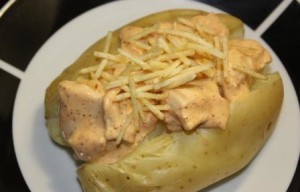 For some reason I feel the need to introduce this recipe with a bit of explanation. Now, if I were one to associate negative terms with food I might call this post “Fattening Friday”. However, I try not to do that because I feel like even high calorie, low produce cultural foods should be savored. So instead I’ll go with “Culture-filled Friday” because if there is one entrée you will find on almost every menu in town it is Strogonoff de Frango (Chicken Stroganoff).
For some reason I feel the need to introduce this recipe with a bit of explanation. Now, if I were one to associate negative terms with food I might call this post “Fattening Friday”. However, I try not to do that because I feel like even high calorie, low produce cultural foods should be savored. So instead I’ll go with “Culture-filled Friday” because if there is one entrée you will find on almost every menu in town it is Strogonoff de Frango (Chicken Stroganoff).






